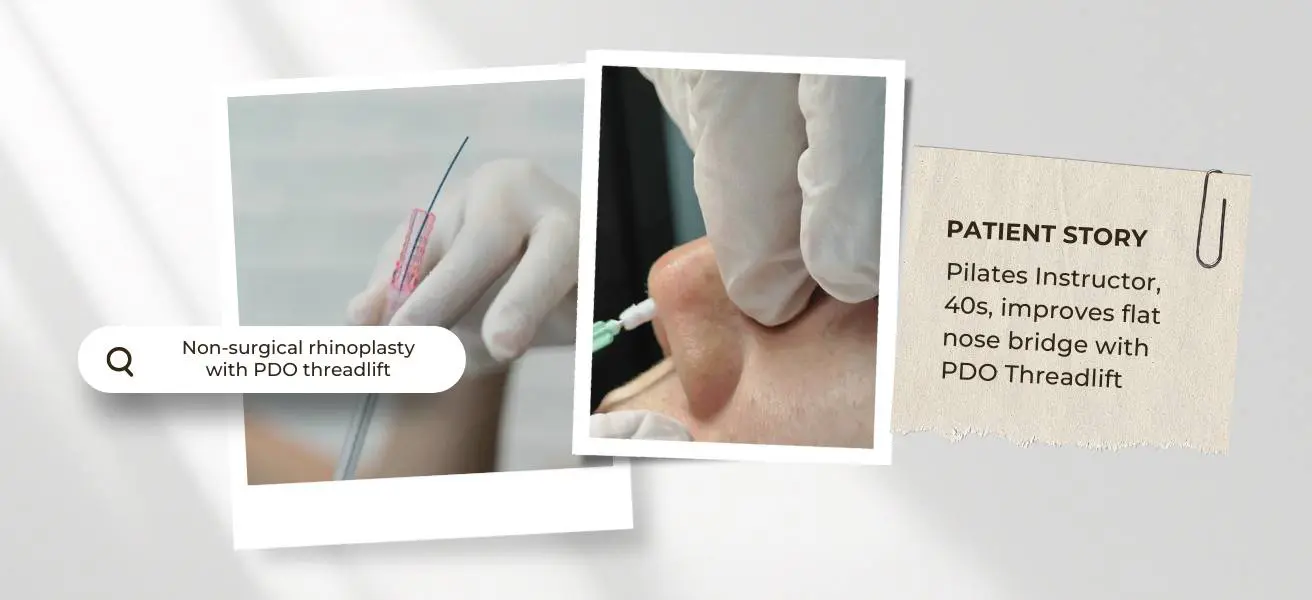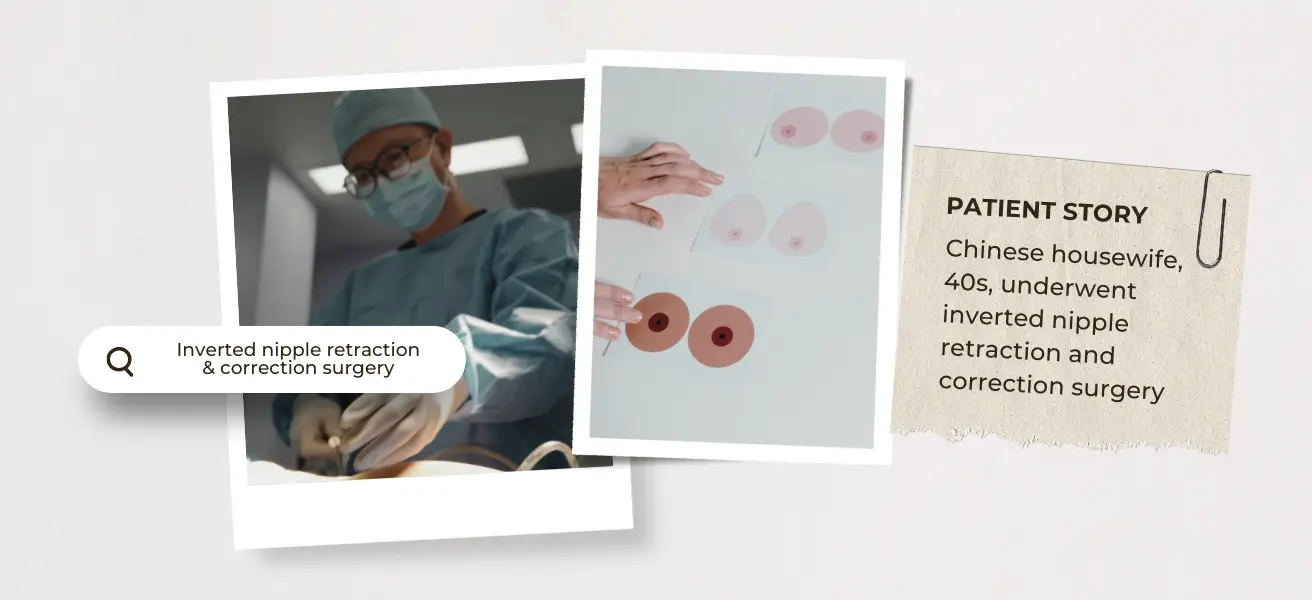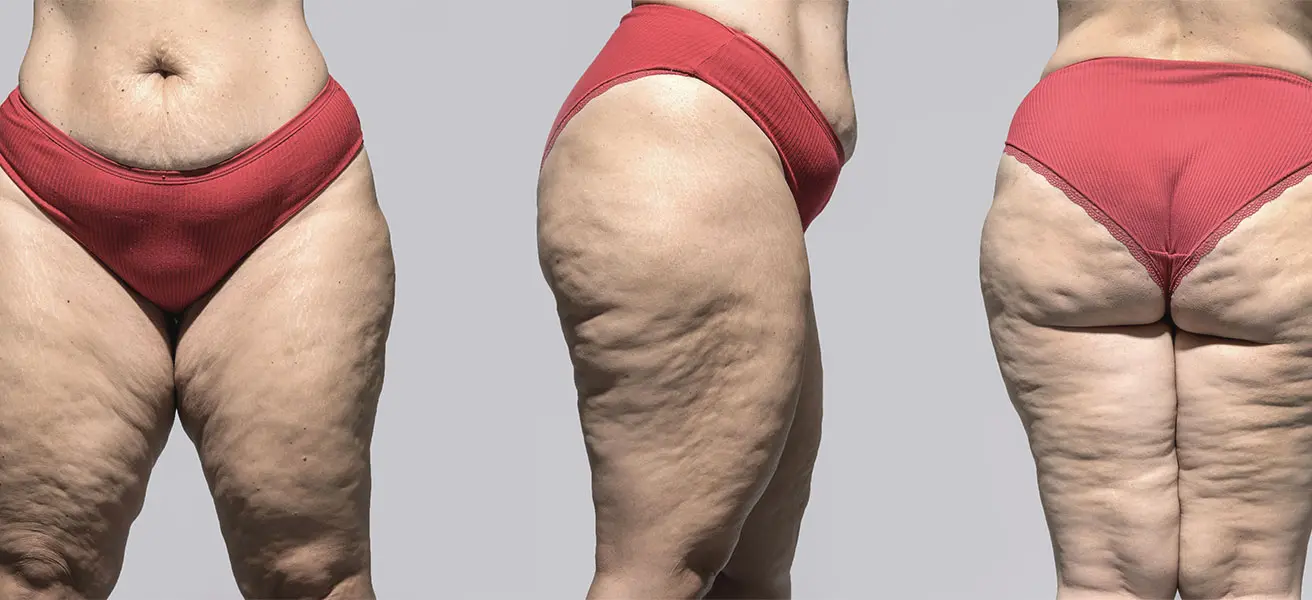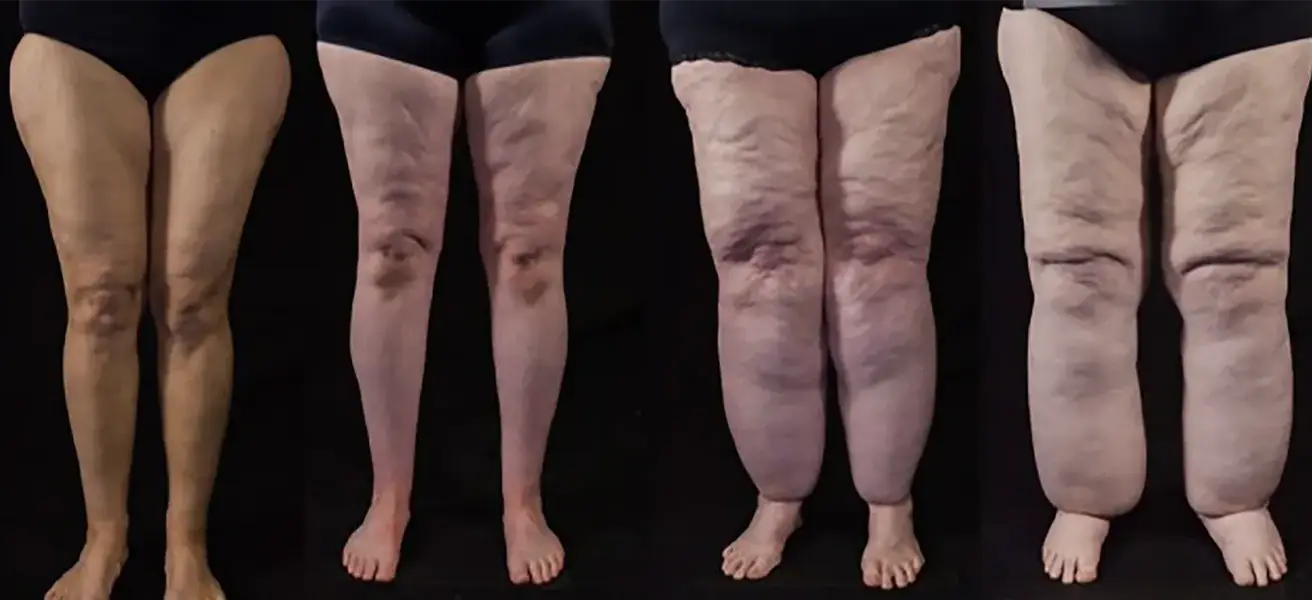Here is a breakdown of the different grades, how gyno affects your self-esteem, and what can be done to get you ready for your NS journey in full confidence.
Table of Contents

Liposuction is a clinically proven procedure for those who want to shed extra fat and achieve a more contoured, sculpted physique. The decision to undergo liposuction should never be made on a whim, as both the patient and doctor have a part to play in its potential success.
Patients should take note of things to help them prepare for the procedure and do their part in the goal to achieve optimal results.
Why is it important to prepare mentally and physically for liposuction?
Being prepared is part of life and living. It helps us anticipate and even mitigate the potential damage that an event may bring. The same goes for any surgical procedure, including liposuction. Preparing oneself physically and mentally can go a long way in helping reduce potential complications en route to achieving the desired result.
By preparing mentally you can:
- feel more comfortable and relaxed about the procedure
- have a more grounded / realistic expectations- control or cope any sort of anxiety or stress that may be present before the procedure
- you can actually have a better recovery time
3 Ways to prepare your mind for liposuction

Choose an experienced liposuction doctor in Singapore
Liposuction is a strictly regulated procedure in Singapore, but that doesn't mean potential patients can afford to be lax in their due diligence. Points to look out for, including questions to ask shortlisted doctors, include:
- Ensuring that the doctor is accredited by the Ministry of Health to perform liposuction
- Request to see their portfolio, which usually entails before/after photos
- Enquire about their experience, for example, how long they have been performing the procedure and how often it is performed per week or month
- Ensure that the procedure is done in an approved ambulatory service centre, such as a Day Surgery
- Enquire about the aftercare or post-op care programs that are available
- Ask questions - don't hesitate to forward or raise any queries.
An experienced, ethical and qualified liposuction doctor will not hesitate to tend to questions and concerns. The doctor understands that deciding to undergo liposuction is a big step, and an open, honest communication is necessary to gain a patient's trust and confidence.
Additionally, the doctor should have an in-depth understanding of the fat anatomy and will take into account your muscle structure and degree of skin laxity and advise on the most appropriate approach that can help you to achieve your results.
Ask all your questions during consultation
The ideal and best way is to schedule an in-clinic consultation with a doctor and have all one's concerns and questions dealt with.
As with any surgery, there are elements of risk involved with liposuction. There are also prerequisites that an individual should fulfil to ascertain whether they are suitable for the procedure. Remember that another's good or bad experience with liposuction may be potential indicators, but in no way are they affirmations of one's potential results. Everyone is built differently, especially when it comes to fat distribution and body shape.
Keep expectations realistic
Arguably at the top of the list is to have realistic expectations. We are easily influenced by what we see, and at times, media portrayals can be exaggerations of sorts. An experienced doctor can visualise results according to a patient's current condition, so absorbing what is being shared and understanding what is realistically achievable is a must for any patient. The first step is to understand that liposuction is not meant as a weight loss solution; it's a fat reduction and body contouring procedure.
Prepare your body for liposuction

Here are some steps to take to prepare oneself for the procedure:
- Cut down or abstain from smoking, alcohol and other less-than-desirable habits in the weeks leading up to the procedure.
- Inform the doctor of the medications one is taking, as certain medications, like blood thinners, can increase the risk of bleeding during the procedure.
Additionally, inform the doctor of any underlying medical conditions and medicinal allergies.
Bad botched liposuction

Botched liposuction is not uncommon. The most common causes are a doctor's inexperience coupled with a lack of proper qualifications or the doctor's overly aggressive surgical approach or removing fat without considering the aesthetics and symmetrical aspects of the patient’s body shape. The visible signs of a botched job usually come in the forms of undercorrection and overcorrection.
Undercorrection can be addressed with secondary liposuction, as not enough work was done on the affected areas. Overcorrection happens when the amount of excess fat removed is more than what is ideal. Overcorrection causes distinctive indentations and irregularities, such as depressions and asymmetries. Extreme pain, discomfort, uneven skin contours such as dimpling, lumps, a disproportionate body shape, and excessive scarring are potential signs of a botched liposuction job.
A botched job can lead to more than just physical side effects, as an individual's emotional and mental wellbeing may be equally affected. The delicate issue needs to be addressed by a qualified, ethical and experienced doctor who's proficient in not only liposuction but also in treating corrective liposuction cases. This issue can be avoided by choosing a doctor for the initial procedure.
Fixing bad liposuction

Patients who have had a bad experience with botched surgeries such as liposuction, gynecomastia or fat grafting are often traumatised. Not only do they suffer physically, but they are also affected psychologically – they have lower self-esteem and may suffer from social anxiety and depression.
If you're unhappy with the results of your liposuction, gynecomastia or fat grafting surgeries, it may be possible to undergo corrective liposuction (lipo revision) surgery.
"I have performed corrective liposuction surgeries for years. They are more challenging and time-consuming. I try my best to "patch", "fill", and "mend" the damage. The patient should be mentally prepared that while some areas can be corrected, sites with more severe complications may be partially improved at best," explains Dr Ivan Puah, Medical Director of Amaris B. Clinic.
A revision surgery is a possible solution to a botched liposuction job. Fat grafting and liposculpture can be used to even out the appearance.
It is a challenging procedure and should only be done by a confident and experienced doctor dealing with corrective liposuction (lipo revision) cases. The results, however, can breathe a sense of relief physically and mentally into an affected patient.





























